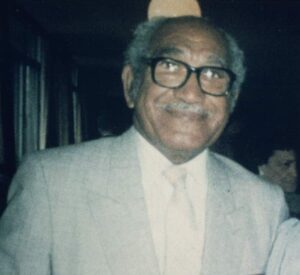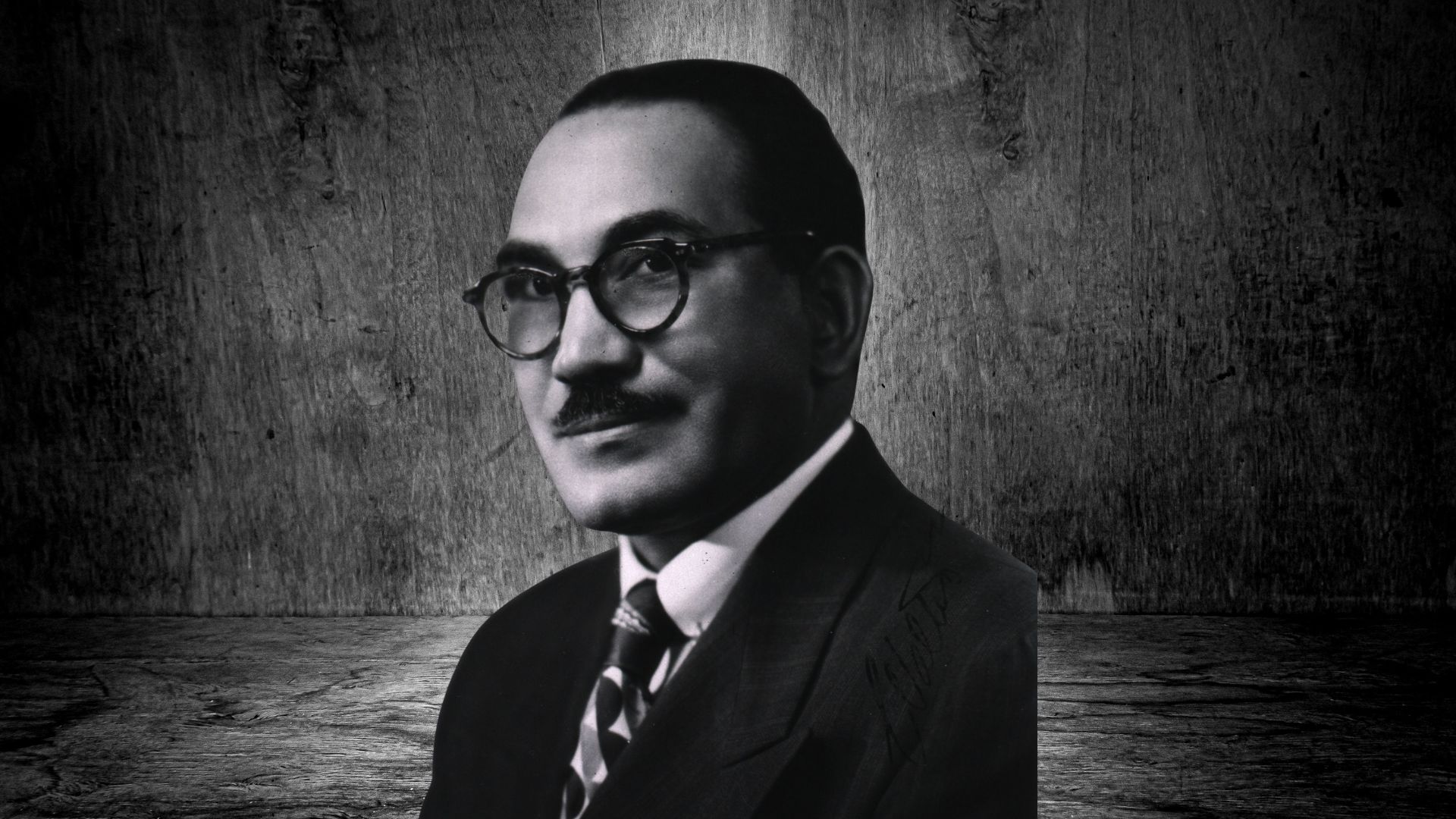The Association of Black Cardiologists (ABC) proudly honors one of its visionary Founding Members, Dr. Walter M. Booker, Sr., PhD (1907–1988), whose pioneering work in cardiovascular pharmacology continues to shape how we understand and treat heart disease today. Dr. Booker was a biologist, physiologist and pharmacologist who served for twenty years as the chairman of the Department of Pharmacology of the College of Medicine at Howard University, Washington, D.C.
While Dr. Booker’s career spanned decades of achievement—as a distinguished professor, department chair, and international scientific leader—his research on catecholamines and cardiac function stands as a critical milestone in cardiovascular science. As an author of over one hundred scientific papers, his widely acclaimed manuscript, “Catecholamines in the Isolated Heart, and Carotid Sinus Reflex Studies and Antihypertensive Drugs,” helped illuminate how the body’s stress hormones—like adrenaline—affect the heart’s electrical and mechanical function.

Why His Research Mattered
Catecholamines such as epinephrine and norepinephrine are key regulators of heart rate and blood pressure. Dr. Booker’s work was among the first to rigorously document how these hormones impact the isolated heart, offering critical insights into arrhythmias, heart failure, and the physiological stress response. By also examining the carotid sinus reflex—a pressure-sensitive mechanism in the neck that helps regulate blood pressure—Dr. Booker contributed to a deeper understanding of hypertension management and the action of antihypertensive drugs.
At a time when few African Americans were welcomed into high-level cardiovascular research, Dr. Booker led boldly, publishing over 100 scientific papers, advising federal health agencies, and mentoring the next generation of Black physicians and scientists. His work not only advanced the science—it challenged the boundaries of who could lead in medicine.
From Arkansas to Belgium to the Heart of ABC
Born in Little Rock, Arkansas, and educated at Morehouse, the University of Iowa, and the University of Chicago, Dr. Booker brought a global perspective to his work. As a senior Fulbright Scholar at the Heymans Institute in Belgium and in retirement a scientific advisor to institutions like the National Institute on Drug Abuse and Walter Reed Army Research Institute, he earned international respect for his intellect and leadership.
In 1974, he was a founding member of the Association of Black Cardiologists—cementing his legacy not just as a scientist but as an advocate for equity in health and medicine.
Photo Credit for Main Image (Black and White): 1953 Photo of Walter M. Booker, Sr., PhD: Source – National Library of Medicine -Scurlock, Addison, and Howard University. . [Walter M. Booker]. Washington, D.C: N.p., 1953. Print.






